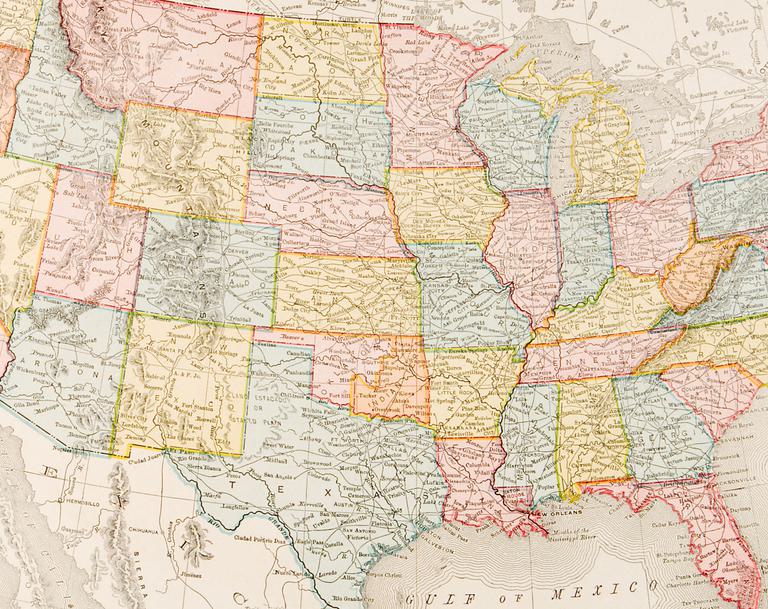
Budget & Tax , Good Government
Trent England | July 26, 2018
Flood of federal dollars damages accountability
Trent England
The Open The Books website and app let you sift through government spending. There are oddball nuggets, obscene salaries, and plenty of corporate welfare. But what stands out, when you stand back from the data, is just how much federal money flows through the state of Oklahoma.
There are over 30,000 records of federal grants coming into Oklahoma for the years 2015 through 2017. Just on the first page are grants worth hundreds of millions of dollars to the State Department of Health, the Health Care Authority, and the Department of Education. The departments of Wildlife and Transportation also received large grants, but then almost all major state agencies and institutions were recipients of federal funding.
This is one reason Oklahoma’s state budget is so opaque. An agency might get less from the legislature, but still have more to spend. The problem is not just about accounting . If the legislature controls 30% of their budget, and a federal agency controls the other 70%, who are agency leaders likely to view as their real boss? An agency might even use the confusion over sources of dollars to hide illegal activities (this apparently happened at the State Department of Health).
The problem is not just a lack of transparency. This is a bad way to spend money. Government always has the problem of spending someone else’s money on someone else. Sending federal dollars through the states makes this problem even worse.
When the state pays for state activities, legislators must both raise and then decide how to spend the money. The two activities—taxing and spending—are connected. While the money still comes from taxpayers, at least there is the potential of political accountability for legislators.
When state government spends federal dollars, it seems like “free” money. After all, state legislators did not impose the taxes. Legislators and other state officials are much less likely to be held accountable for how that money gets spent. Federal officials, on the other hand, can blame the state if the money is poorly used. Nobody is ever on the hook. For taxpayers, this system is a nightmare, but for politicians, it’s perfect.
The problem is growing in Oklahoma, but all states receive a significant share of their budgets from the federal government. The first step to turning back this tide is transparency. All federal funds should be included in each year’s state budget and all funding recipients required to report on any “strings attached” to those funds. Two other steps are already underway: reducing federal taxes (and, hopefully, spending) and restoring the backbone of the federal courts to restore constitutional limits on federal power.

Trent England
David and Ann Brown Distinguished Fellow
Trent England is the David and Ann Brown Distinguished Fellow at the Oklahoma Council of Public Affairs, where he previously served as executive vice president. He is also the founder and executive director of Save Our States, which educates Americans about the importance of the Electoral College. England is a producer of the feature-length documentary “Safeguard: An Electoral College Story.” He has appeared three times on Fox & Friends and is a frequent guest on media programs from coast to coast. He is the author of Why We Must Defend the Electoral College and a contributor to The Heritage Guide to the Constitution and One Nation Under Arrest: How Crazy Laws, Rogue Prosecutors, and Activist Judges Threaten Your Liberty. His writing has also appeared in the Wall Street Journal, USA Today, Washington Times, Hillsdale College's Imprimis speech digest, and other publications. Trent formerly hosted morning drive-time radio in Oklahoma City and has filled for various radio hosts including Ben Shapiro. A former legal policy analyst at The Heritage Foundation, he holds a law degree from The George Mason University School of Law and a bachelor of arts in government from Claremont McKenna College.